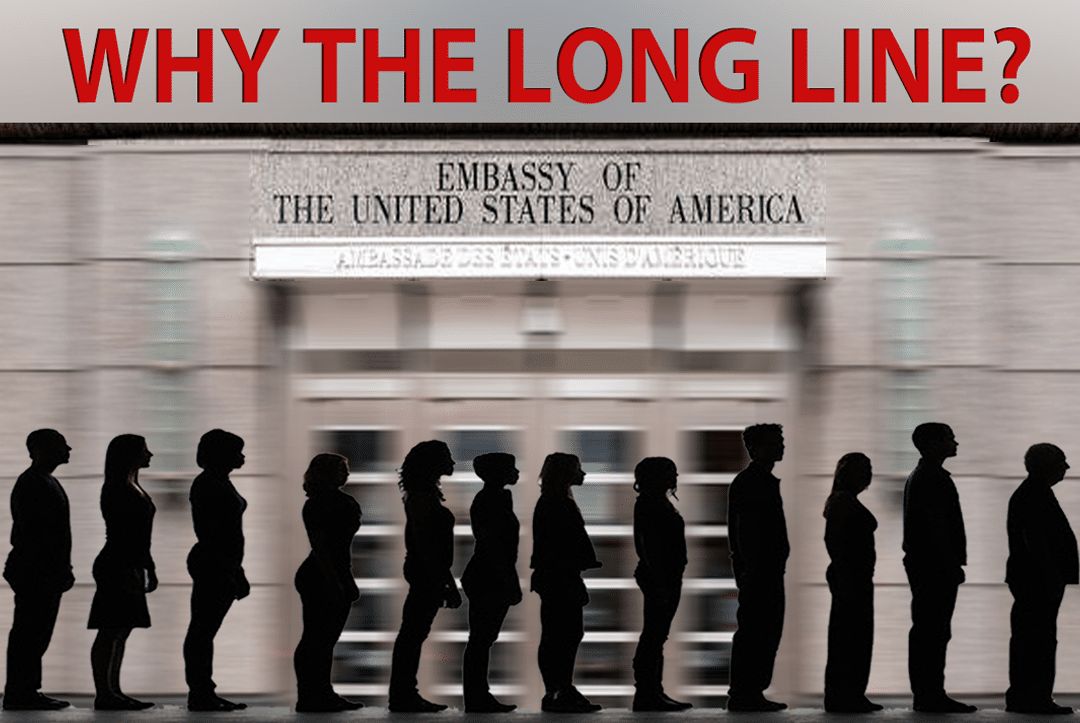
International students can apply for Canadian permanent residence using several routes other than the Federal Skilled Worker program.
By the end of 2021, Immigration, Refugees and Citizenship Canada selected more immigration applicants under the Canadian Experience Class than the Provincial Nominee Programs.
The Canadian Experience Class, or CEC, is one of the federal immigration programs that use the Express Entry system.
Before applying, CEC candidates must have at least one year of skilled work experience in Canada in the last three years. In addition, you should have had the authorization to work while in temporary resident status. Tourist visa holders, therefore, are ineligible to apply to the CEC.
International Students can meet the CEC work requirement.
IRCC further defines the one-year skilled work requirement as:
- Full-time at one job: 30 hours/week for 12 months = 1 year full-time (1,560 hours);
- Equal amount in part-time work: for example, 15 hours/week for 24 months = 1-year full time (1,560 hours). You may work at many part-time jobs as needed to meet this requirement.
- Full-time at more than one job: 30 hours/week for 12 months at more than one job will gain you more than 1,560 hours of work.
As an international student, you should make the most of the Post-Graduate Work Permit program. Once you have completed your academic program, IRCC will count your full-time employment towards the minimum condition for a CEC application.
Your spouse or common-law partner, or CLP, may also qualify to apply for permanent residence under the CEC. Remember, s/he will be working full-time from day one your term starts. It is, therefore, expected that your partner may meet the CEC work requirement earlier than you.
Any way one looks at it, overseas applicants in the Express Entry pool without Canadian work experience or a Canadian academic qualification face stiff competition from international students. And while it is cold comfort that applicants from abroad can apply the following year, they will continue to lose immigration points as they grow older.
Processing Backlog.
In 2008, IRCC tried to eliminate its backlog of applications. Currently, IRCC has been selecting more candidates for the CEC.
IRCC has extended its pause on selecting FSW candidates from the Express Entry pool to decrease the processing period from 20.4 months back to its previous six-month target.
IRCC also estimates an additional 76,000 applications, mostly from overseas, which is much more than is needed to meet admission targets until 2023.
Given this fluid situation, studying in Canada appears to be the more viable and solid alternative to being reactive and passively waiting overseas for IRCC’s decision on your application.
Waiting to hear “you’re out!” should never be an option. Not when you can be more proactive about your life choices.







